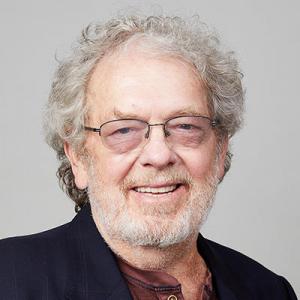The role of reading, writing, and language in supporting inquiry-based science in our schools: Why we must lead with the science
In his presentation, Pearson argues, from the point of view of an ardent reading researcher, that for all too long, science instruction has been marginalized by an excessive reliance on text and vocabulary instruction to ‘get the content on the table’ for students at all levels, primary through secondary school. While still supporting a major role for reading, writing, and academic language (including vocabulary) instruction, Pearson asserts the claim (and presents data to support it) that both the science learning and the acquisition of language and literacy skills will be improved if our curricula and our classroom pedagogy lead with the science and ask reading, writing, and language to play a supporting role rather than a leading role. He outlines the fundamental principles of an NSF-funded project designed to accomplish just such a ‘reversal’ of curricular and pedagogical ‘fortunes’, and presents data on the effi cacy of this approach.

